
Dr Garba Adamu, Director, Centre for Democracy and Development CDD, West Africa
The Director of the Centre for Democracy and Development (CDD) West Africa, Dr. Garba Adamu, has said that while Professor Chukwuma Soludo’s sweeping victory in the Anambra governorship election demonstrates his dominance, it also exposes the weakness of Nigeria’s opposition politics and the lack of issue-based campaigns.
Speaking in an interview on ARISE News on Sunday, Dr. Adamu said the election outcome showed that Soludo’s claim of having “opponents, not opposition” was justified.
“As we all know, the polls have ended, the votes have been counted, and a winner has been declared. This morning, we saw Charles Soludo delivering an address to the citizens of the state and thanking them for a well-conducted exercise in which he emerged winner,” he said.
“He had said yesterday, after he voted, that he had opponents but not opposition — and the results, as we have them today, have shown that there was truly no opposition to him in this election. In that context, I agree with him. However, the election also showed that issues were not really in the forefront of the debate, and I don’t think that is good for our democracy.”
Dr. Adamu lamented that the campaign season lacked substance and ideological clarity.
“Somebody had said before now that there was no manifesto. Nobody knew what any of the parties participating in the election was putting forward. I truly agree with that. Looking at the briefs that the CDD issued before the election, including those on information and disinformation, there was no strong issue-based engagement,” he said.
“Vote-buying, or vote-trading, is an emerging trend in Nigeria’s elections. Looking at the off-cycle exercises that happened in Edo and Ondo — and now Anambra — it’s obvious that vote-buying is becoming a norm, and we must find a way to stem it,” he said.
“I saw it happen across the areas I observed yesterday, either done in cash or through electronic transfers. It is a failure of governance that we have got ourselves into this kind of political behaviour. The earlier we stop it, the better for our democracy. So much that is untoward happened with vote-buying, and if we must take our democracy seriously, this is the next phase of disruption we all need to tackle.”
Commenting on the performance of Professor Joash Amupitan, the newly appointed Chairman of the Independent National Electoral Commission (INEC), Dr. Adamu said it was too early to assess his impact. “I only see this from the point of view of the challenges he has to address as the new person in the driver’s seat for electoral management in Nigeria,” he explained.
“Given that he took office just days before the election, I personally would not have expected him to do anything different. The planning and preparation were already done before he assumed office. However, the lessons from this process are things he should factor in as he settles down to the job. His coming has not significantly changed anything in this election.”
On the broader political implications, Dr. Adamu said Soludo’s victory and the poor performance of other parties highlighted deeper weaknesses in Nigeria’s multiparty system.
“Across the 16 parties that participated, only about three — the PDP, APC, and Labour Party — are well known, and all of them are currently facing one crisis or another. Outside APGA, there was no party truly ready for this election,” he said.
“I wasn’t surprised they all performed poorly. As we approach 2027, we need to ask ourselves whether we are heading towards a one-party state or truly want to stand for elections. APGA is not a national party, and that will have implications for what happens in 2027. We can expect political alliances as we move forward.”
Looking ahead to the 2027 general elections, Dr. Adamu expressed concern about Nigeria’s democratic direction amid increasing defections to the ruling All Progressives Congress (APC).
“As a student of politics, I would prefer an electoral system that is highly competitive, where parties sell their programmes and citizens make informed decisions. But we do not yet have a critical mass of people engaging in that process,” he said.
“What we have seen, especially in southern Nigeria, is that the president is consolidating power. Governors are joining the ruling party, and during the president’s recent visit to Anambra, we saw alliances being built — possibly on the understanding that APGA may not feature at the presidential level.”
“This will have cross–north-south implications and require huge resources to win support. The electorate must watch closely where they place their votes and listen to candidates’ programmes. We must move beyond money politics and transactional exchanges, because this is about our future and the development of our country.”
Dr. Garba Adamu concluded that while Soludo’s victory reflected voter confidence in the incumbent, it also served as a reminder that Nigeria’s democracy still needs stronger opposition, issue-based politics, and an end to vote-buying if it is to mature. (AriseNews TV)
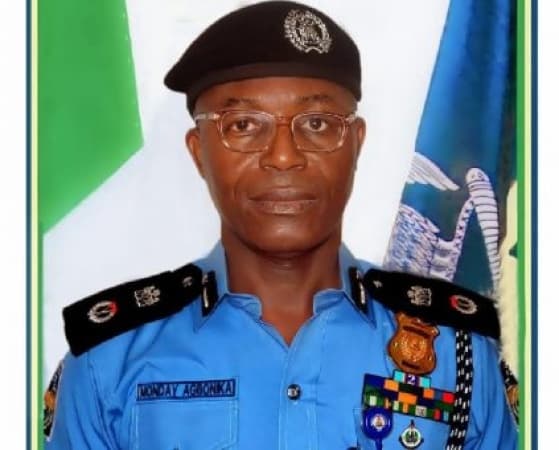
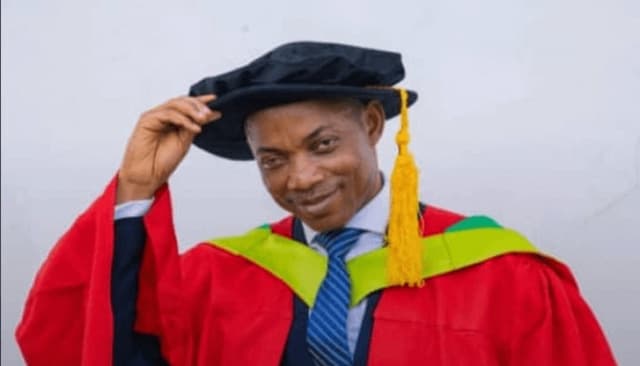
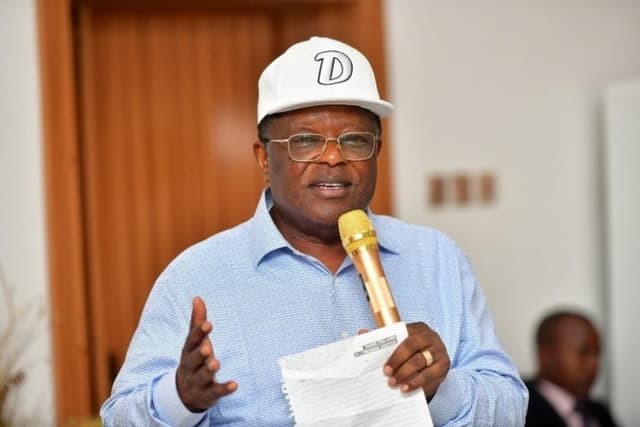




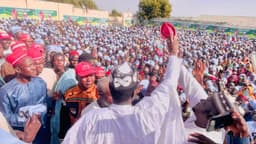
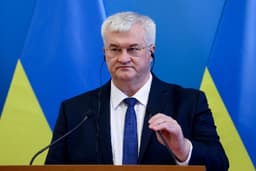
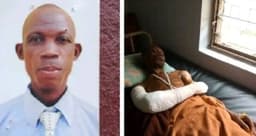
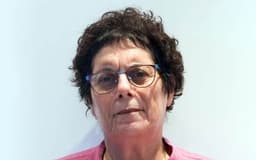

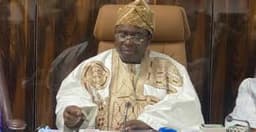






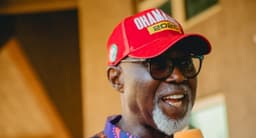
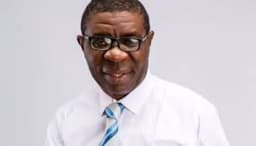
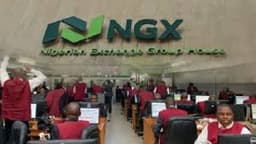





NEWS EXPRESS is Nigeria’s leading online newspaper. Published by Africa’s international award-winning journalist, Mr. Isaac Umunna, NEWS EXPRESS is Nigeria’s first truly professional online daily newspaper. It is published from Lagos, Nigeria’s economic and media hub, and has a provision for occasional special print editions. Thanks to our vast network of sources and dedicated team of professional journalists and contributors spread across Nigeria and overseas, NEWS EXPRESS has become synonymous with newsbreaks and exclusive stories from around the world.